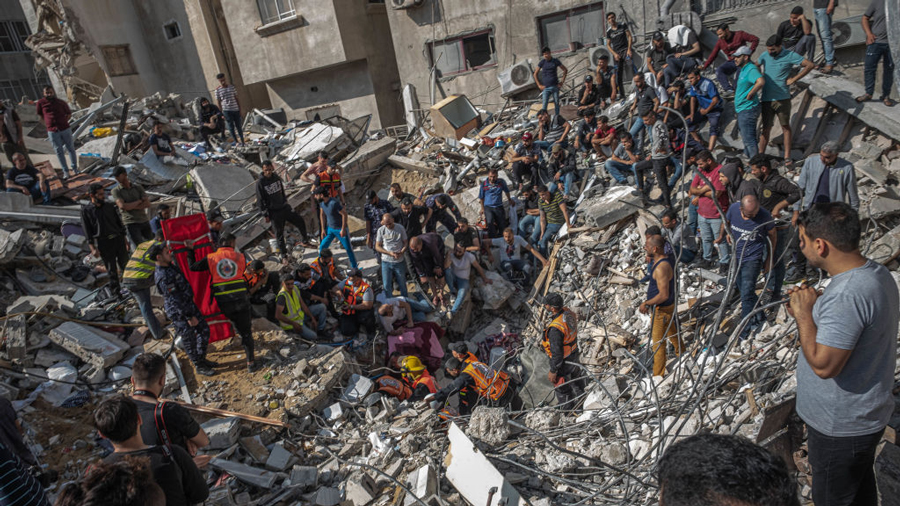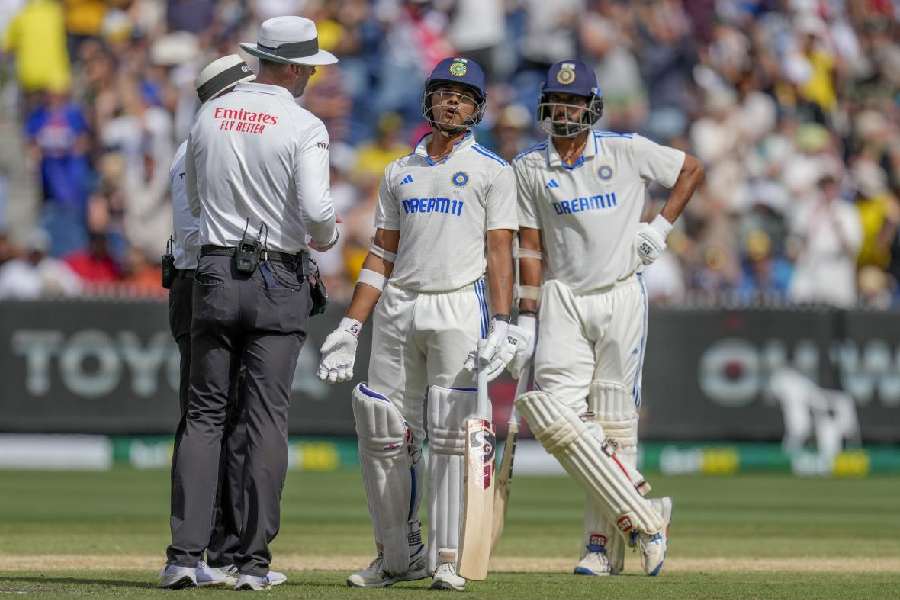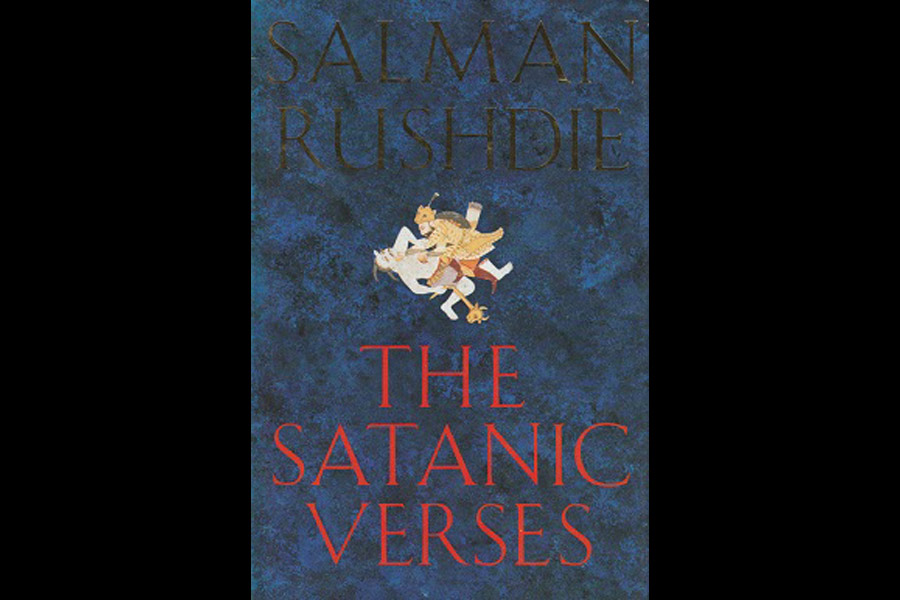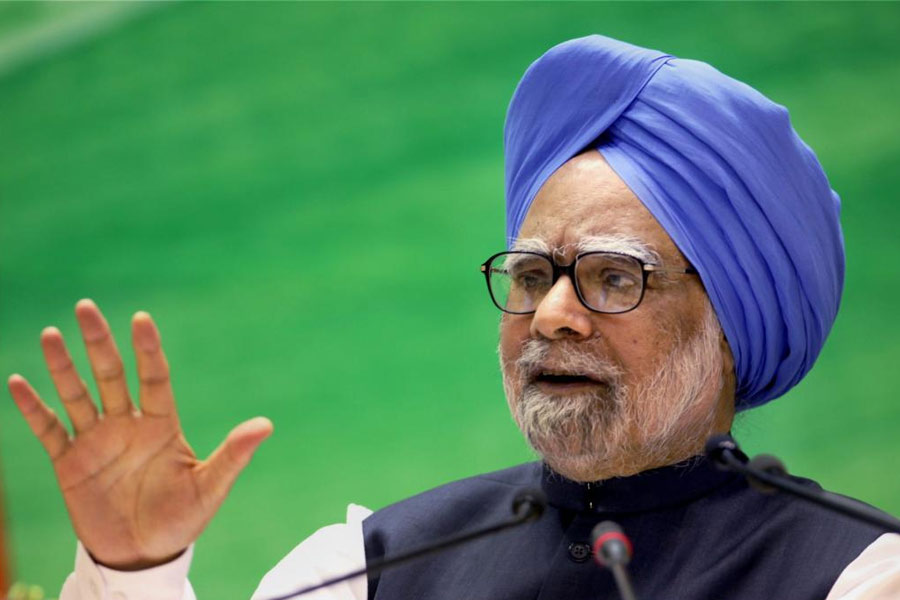Gaza is burning — once again. Over 100 Palestinian civilians — children are on the casualty list — have lost their lives as Israel pounded the restive strip of contested land with air strikes and artillery power. Deaths — far fewer in number — have also been reported from within Israel on account of rockets fired by Hamas. As has often been the case with the Israel-Palestinian conflict, this particular conflagration was brought about by a medley of factors, including unwarranted aggression. Anger has been rising in Palestine as Israel continues to push deeper into the occupied territories, evicting Palestinian residents in favour of Jewish settlers. Israel’s actions in the Sheikh Jarrah neighbourhood are a case in point of such enforced displacement. The provocation gave Hamas the perfect opportunity to reciprocate in the manner it knows best: heightening the rhetoric of animosity and carrying out attacks. The disproportionate response from Jerusalem — the Israeli prime minister, Benjamin Netanyahu, has vowed to continue these devastating strikes — is likely to raise the toll of death and destruction.
Unsurprisingly, the impact of the crisis would have wider ramifications. Developments in the Middle East had, in recent times, raised hopes of a churning towards peace in strife-torn West Asia. Israel reached out to several Muslim nation states, possibly with an eye on corralling Iran. Nonetheless, the overture had kindled the possibility of a realignment towards stability. That window of opportunity has been slammed shut and is unlikely to be opened again in a hurry. This is because neither Mr Netanyahu’s government nor Hamas is going to let this opportunity of reasserting itself as the protector of its own people pass. This hardening of stance is inimical to a resolution of the bloodshed. Globally, the crisis is likely to be a stern test for Joe Biden’s diplomatic skills. Finding a balance between the conflicting interests of Israel and Palestine has been difficult for all presidents of the United States of America: Mr Biden, who would be aware of the domestic implications of the raging fire, will not be an exception. India — quite correctly — has asked for an immediate de-escalation of the crisis during a meeting at the United Nations security council, but New Delhi would be aware of the tightrope walk ahead. India’s deepening bond with Jerusalem has always had the potential of introducing an element of uncertainty in its long and cherished ties with Islamic nations. The dilemmas notwithstanding, the global community must intervene to end the bloodshed immediately.











